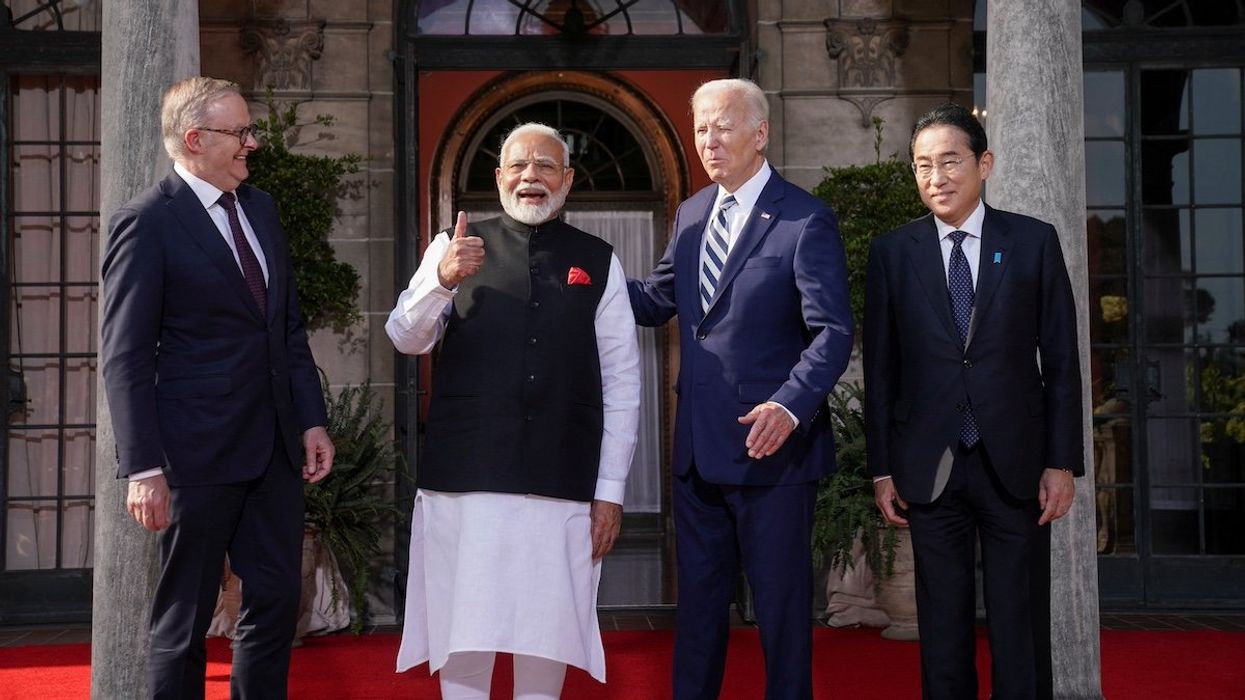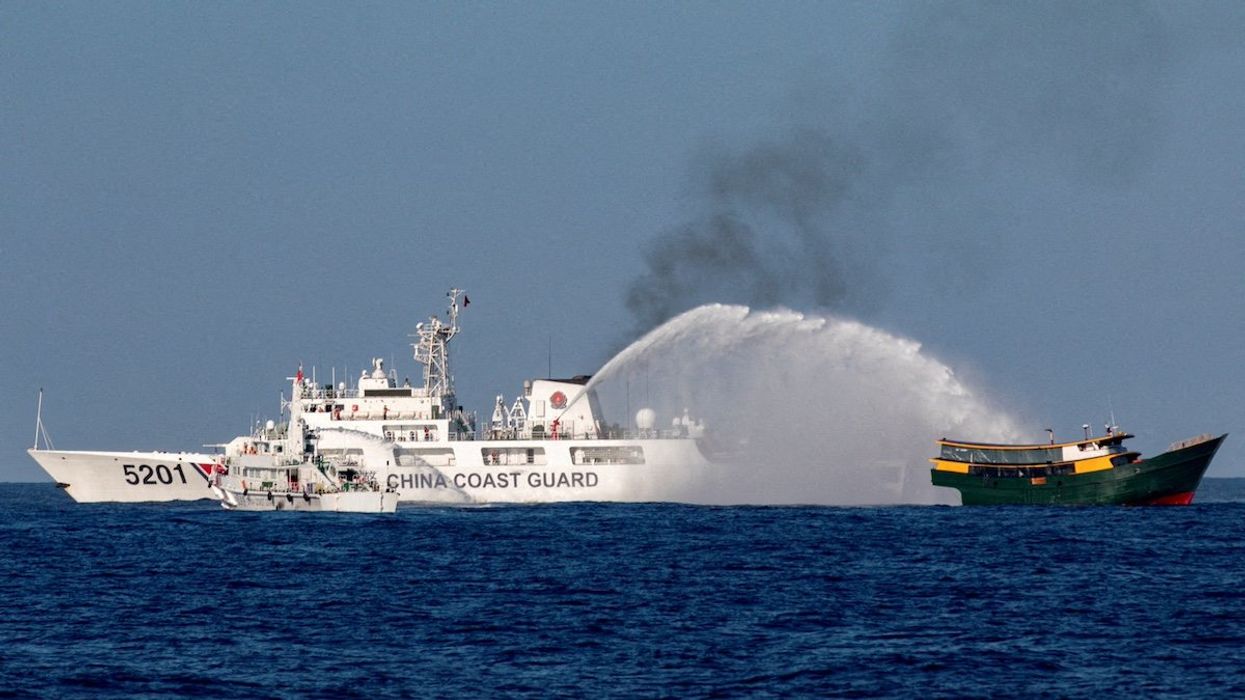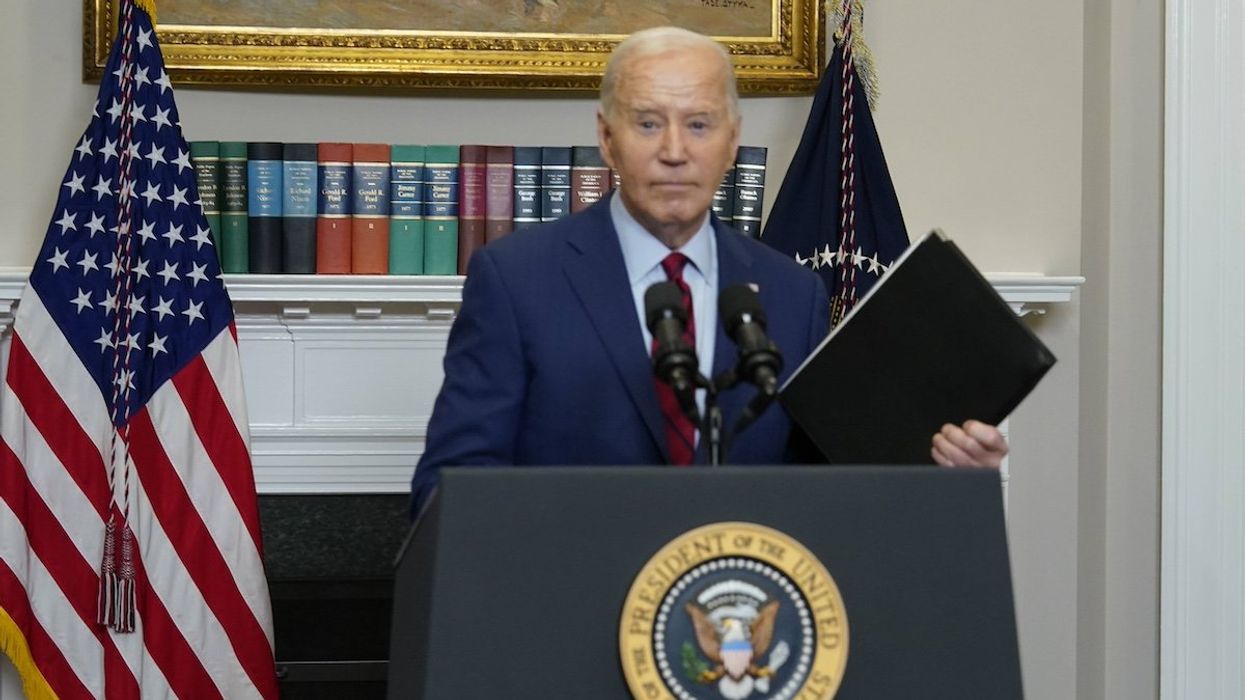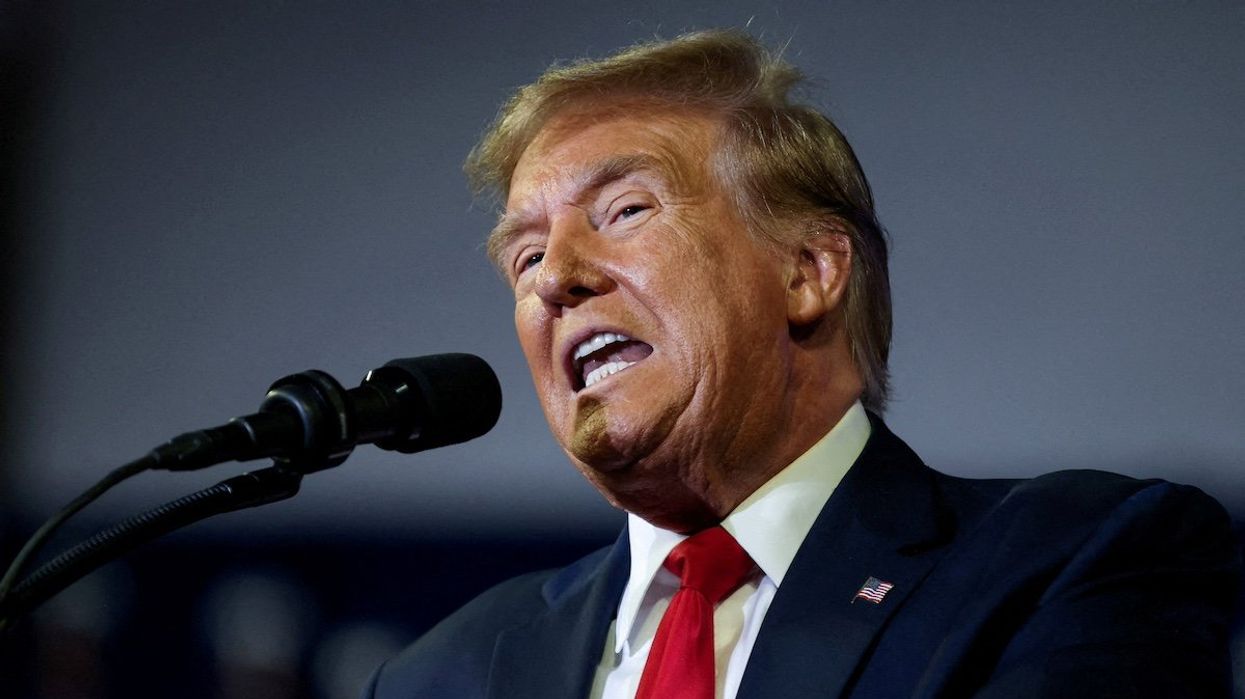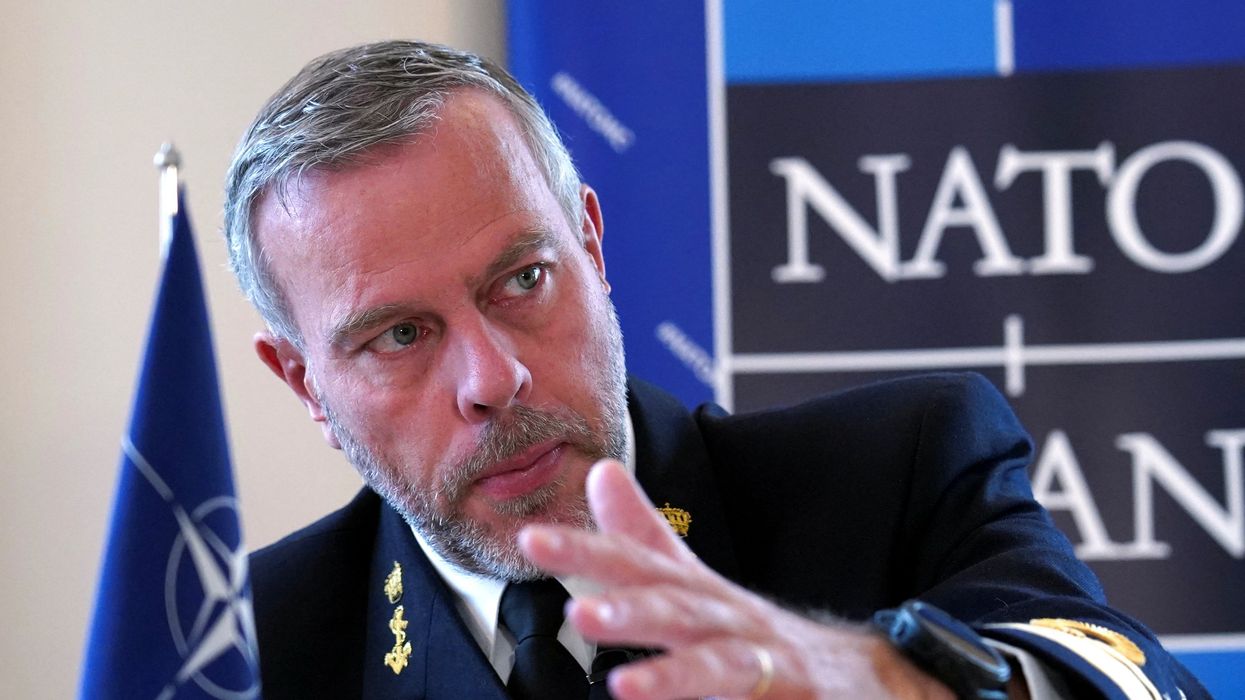Analysis
Why won’t the right unite in Western Europe?
Nigel Farage, the far-right UK leader, reportedly told donors that he plans to join forces with the center-right Conservative Party ahead of the next election. Right-wing groups in other parts of Western Europe have largely avoided making such an alliance.
Dec 04, 2025



